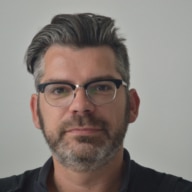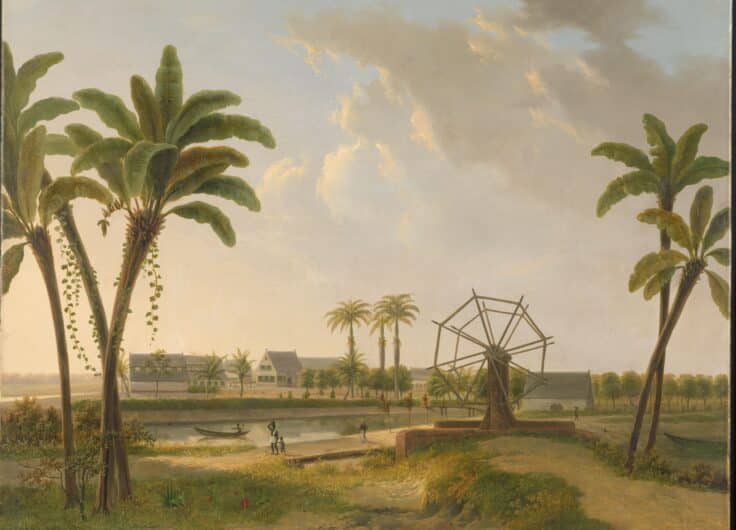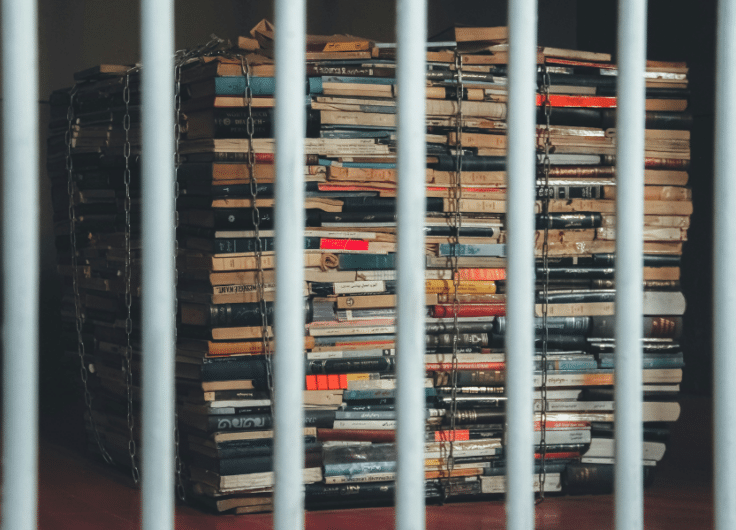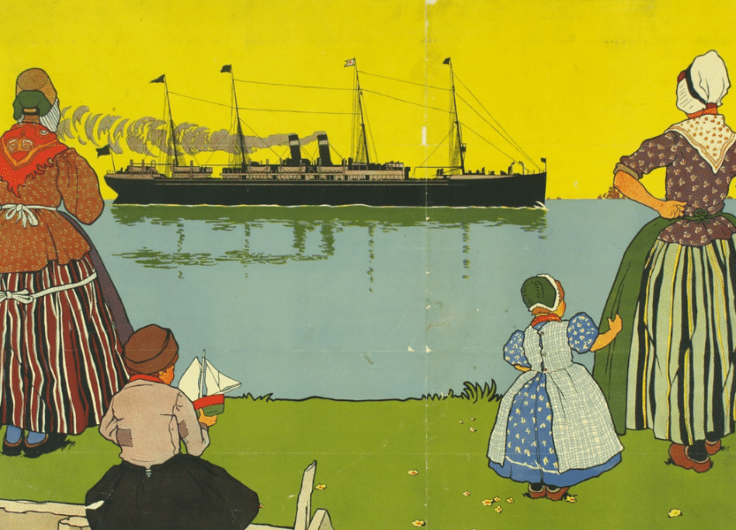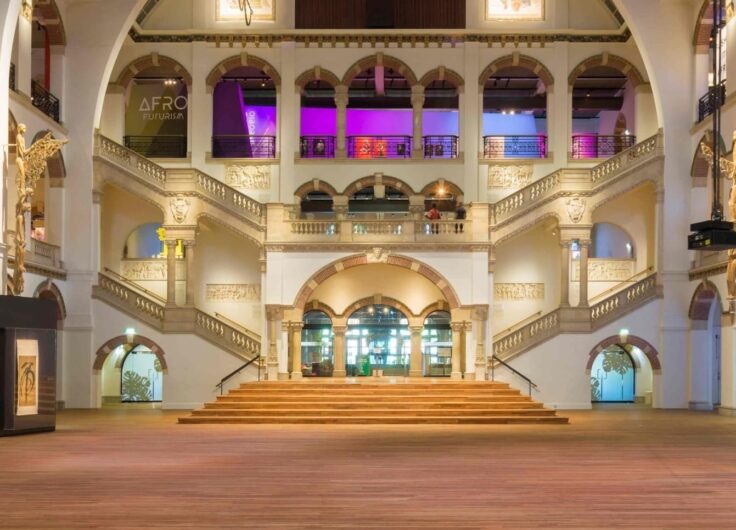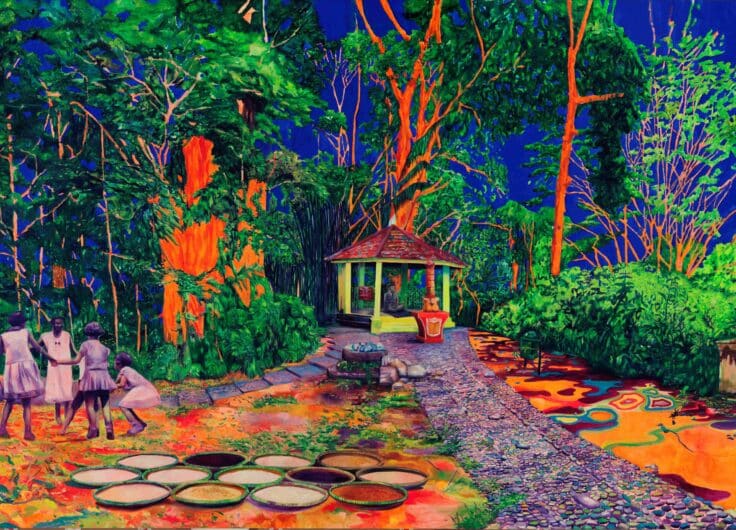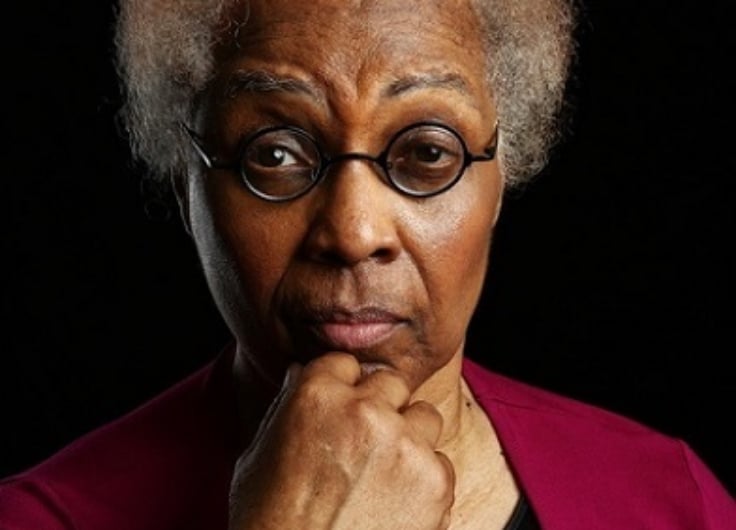‘De onvoltooide’ by Peter Nijssen: Exercises in Reading and Life
Unfinished art is often the most beautiful of all and also the most instructive, according to De onvoltooide (The Unfinished) by Peter Nijssen. A novel about art, about cycling, but perhaps above all a story about the fear of an insignificant life.
One can make one’s debut at any age, which is fortunate, as here we have the first novel by Peter Nijssen (b. 1961). Nijssen is of course not a stranger to literary circles. He writes essays and stories for magazines such as Vrij Nederland and HP/De Tijd and has worked as a publisher and editor-in-chief at De Arbeiderspers for a quarter of a century. Nijssen is the go-to editor and publisher of Ilja Leonard Pfeijffer, Christiaan Weijts and a number of other big names in Dutch literature.
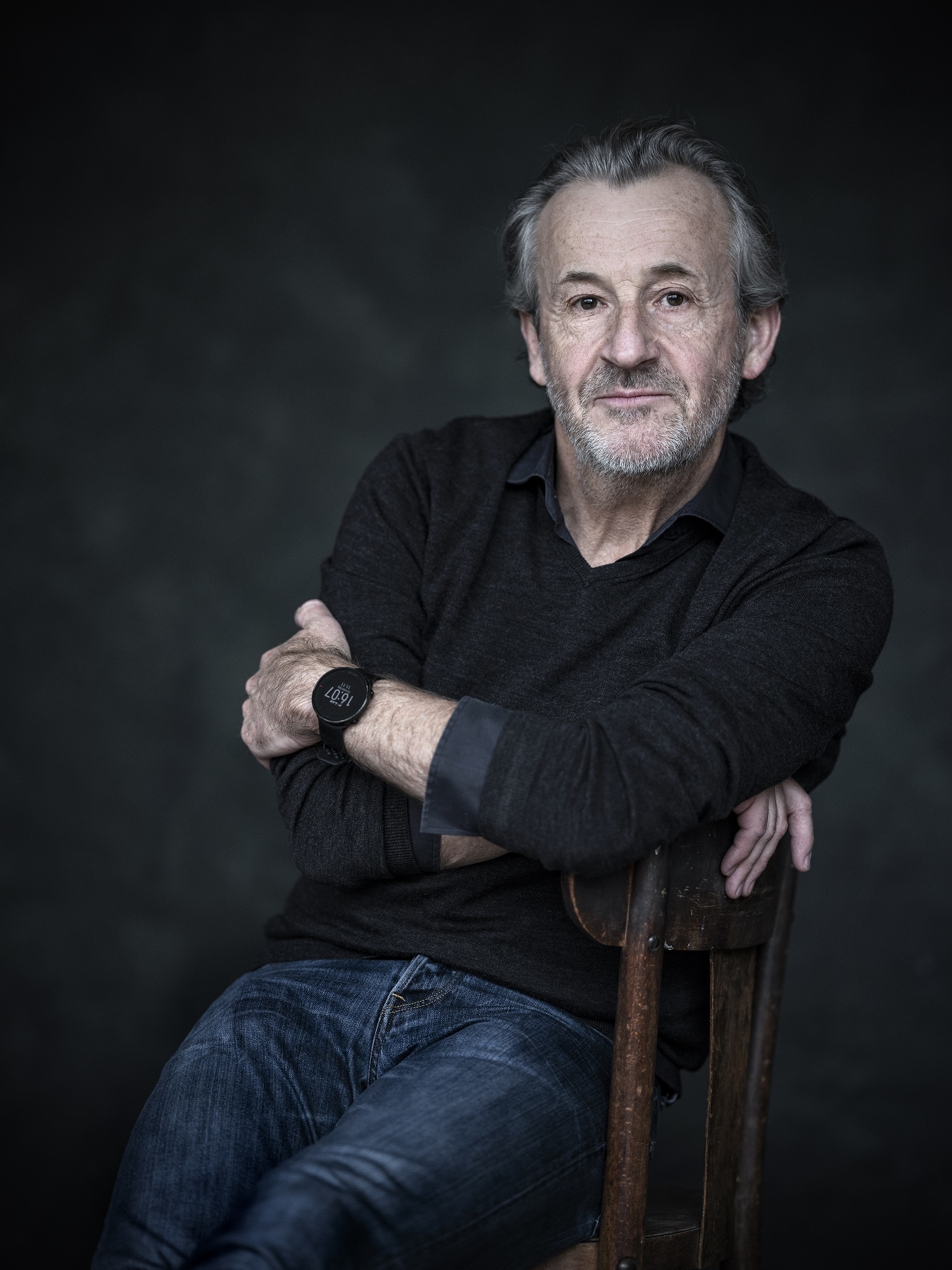 Peter Nijssen
Peter Nijssen© Keke Keukelaar
It is therefore not surprising that art in general and literature in particular play a very important role in his debut novel. It was hardly a secret in Amsterdam society that Nijssen had been working for a number of years on something like ‘The Great Dutch Novel’, but it was only at the start of the Covid-19 pandemic that he really found enough time to write. Out flowed a novel in eight weeks. Not that great novel, but a different book.
Covid-19
At the start of the pandemic we meet 47-year-old Bernhard Evens, a Dutch radio reporter tasked with the curious combination of covering culture as well as sport. Two fields that have been brought to a stillstand by the virus, so ‘Bern’ is stuck at home. His son is on an around-the-world trip, his daughter is staying with her boyfriend in Rotterdam and his wife is caring for her sick mother in the south of the country. Bernhard, therefore, is home alone, in the Leidsche Rijn, ‘the most beautiful newbuild suburban area’ of the Netherlands, near Utrecht.
He spends time diving into his archive, to finish that essay he once started about unfinished art. As a student, Evens was already under the spell of unfinished artworks, such as the 8th Symphony by Franz Schubert, but also literary works, by the poet and novelist E. Du Perron, about whom Evens wrote his thesis. In between reading and writing, Evens goes out for walks and bike rides, because there is not much else to do during a lockdown.
Cyclist/filmmaker
On one of those long cycle trips, Evens meets Wijnand Veldert, a 61-year-old postman, with spicy and well-lived tales of a rich and varied past. Veldert tells him that he once was a promising amateur cyclist, but as a student of cinematography, he eventually opted for film, having also fallen in love with the lead actress in his final year film project. When that relationship ended badly, Wijnand Veldert fell on hard times.
It is a full, rich language reminiscent of classical works, of the long dialogues in The Magic Mountain by Thomas Mann
A short but intense friendship follows. Bernhard and Wijnand often go out cycling, but really, they meet to talk. Their conversations are erudite and full of references to cycling, art and literature. Sometimes these are obvious, such as when the pair talk about Paul Valéry, Robert Musil, and W.G. Sebald, but many are subtle, hidden in hints and nods. And yes, those dialogues may sometimes seem unnatural, but that’s precisely the point. It is a full, rich language reminiscent of classical works, of the long dialogues in The Magic Mountain by Thomas Mann.
Nijssen turns the conversations into a search for the meaning of reading, writing and art, in a futile battle against forgetting. And there is also self-mockery, when the gentlemen once again conclude a pompous chat about Valéry with the reflection ‘did that man ever say anything we don’t need to think about for a week?’
Mythomaniac
Wijnand’s dramatic life story is so unique that Bernhard doubts whether it is true. Maybe he’s a mythomaniac, a compulsive fantasist who embellished his past so much it actually became worth telling. Eventually, the reader even starts to doubt Wijnand’s authenticity. What if Bernhard made him up, in the way lonely children sometimes nurture an imaginary friend to relieve boredom?
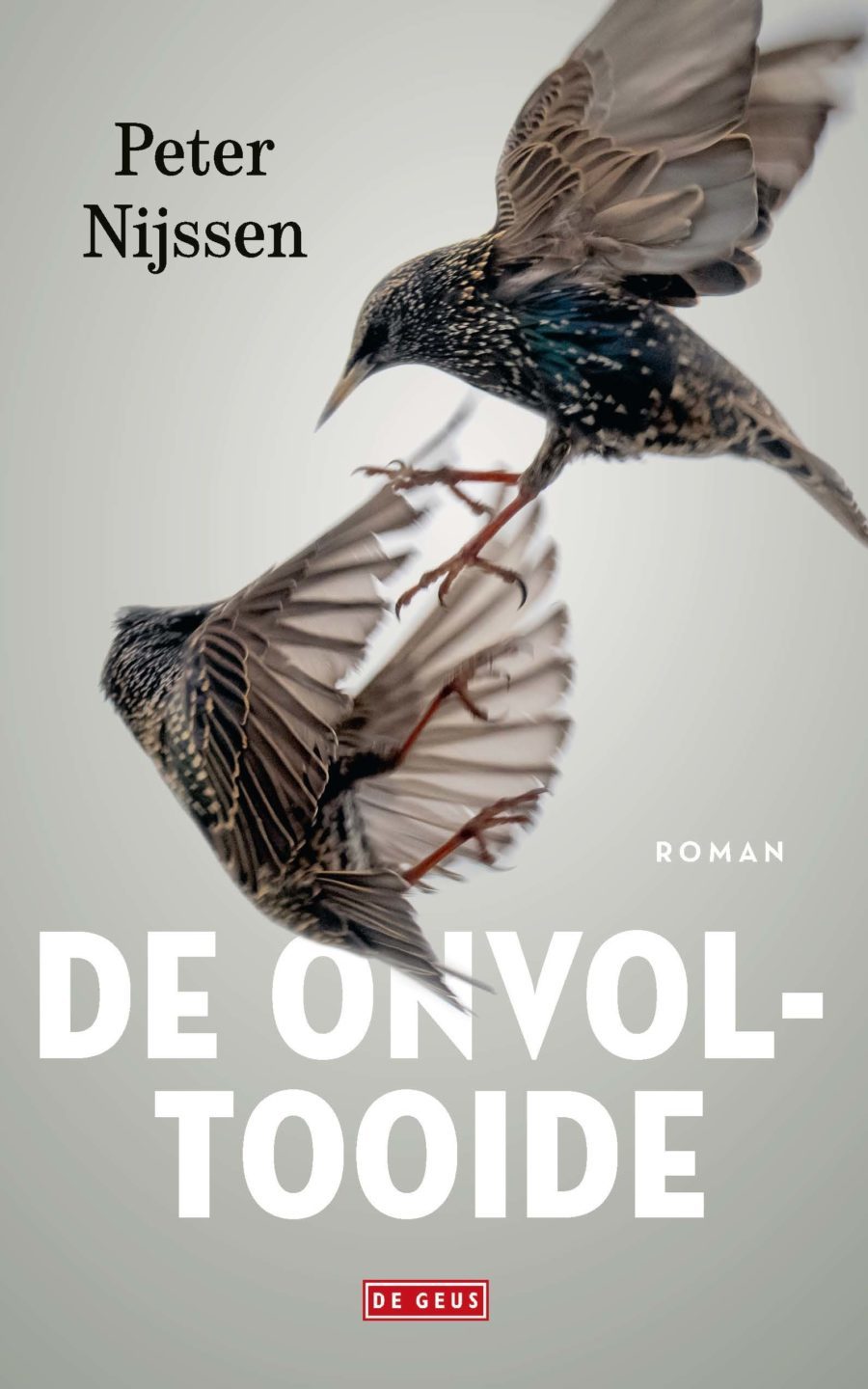
Ultimately, they are fascinated by the same things, and although slightly forlorn, they still have enough zest for life to get up and get going in the morning. Maybe Wijnand lived the life Bernhard wanted? In this way, De onvoltooide (The Unfinished) is also a book about the fear of an insignificant life. Reading, doing research, writing, these are all exercises in escaping insignificance, exercises in living a better, more beautiful, more valuable life. And that life, as you already know, is rarely flawless. But that’s exactly the beauty of it.
An excerpt from 'De onvoltooide', as translated by Paul Vincent
‘Christ, Wijnand, I’m speechless. You were in the top flight of national cycle racing. Tell me what it was like to ride – off the top of my head – in the Olympia Tour and the Tour of Limburg.’
‘Right, off the top of your head then. But I started in both those races several times, and in lots of others, Nevens. I owe you one. I could talk about it for hours, but it’s too cold for me here.’
He drank another mouthful of cola, with apparent reluctance, and actually inquired after the situation of my wife and children. I held forth about them – though not at too great a length. That is: I told him a little more than the previous Saturday, and in addition summarised Veerle’s account of yesterday.
‘But if I’m honest,’ I concluded, ‘I’m not really worried by the fact that I’m alone and that the situation may continue for a while yet. The absence of my nearest and dearest, the broken contact with the reign of terror of everyday life: I quite like it. Daft perhaps, but I’m experiencing a kind of happy loneliness.’
Peter Nijssen, De onvoltooide, De Geus, 2022, 256 pages

